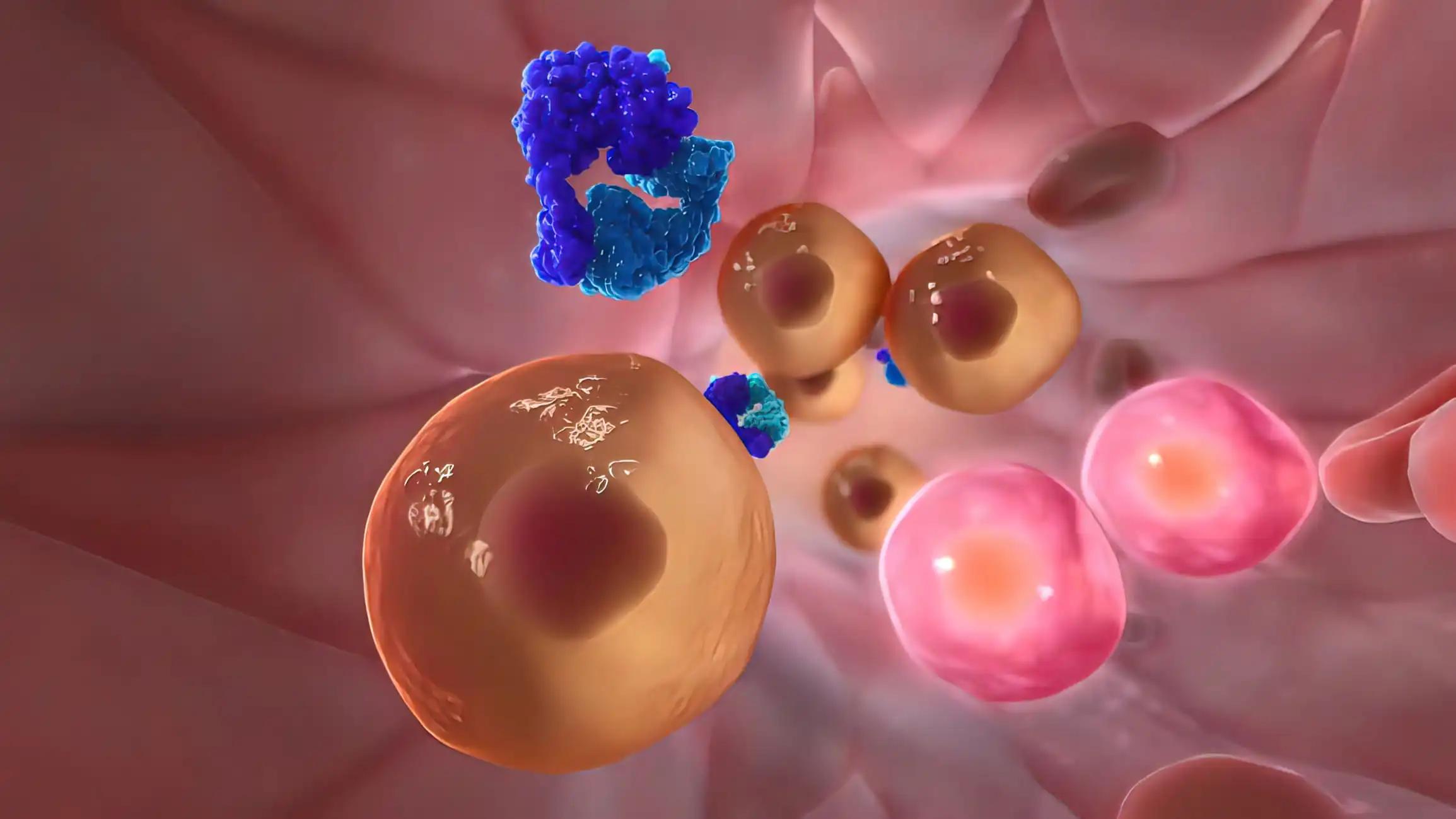KEY TAKEAWAYS
- Phase III of the ARASENS trial was conducted with the aim of assessing the efficacy and safety of Darolutamide treatments among various subgroups of patients suffering of metastatic hormone-sensitive prostate cancer.
- The data proved an increased survival benefit across all subgroups with the use of Darolutamide.
- The number of Adverse Effects of grade 3 or 4 were mostly associated with Docetaxel with the data comparable across all subgroups.
In Phase III of the ARASENS trial, the efficacy and safety of Darolutamide treatment among subgroups based on the severity and risk of the metastatic hormone-sensitive prostate cancer (mHSPC) as affected by metastatic burden that impacts prognosis among patients.
Darolutamide or a placebo, along with androgen-deprivation therapy (ADT) and Docetaxel, were randomly administered to patients with metastatic hormone-sensitive prostate cancer. Visceral metastases and/or 4 or more bone metastases with 1 or more beyond the vertebral column/pelvis were both considered to be high-volume diseases. Two or more risk factors were used to identify high-risk disease: a Gleason score of ≥8, three or more bone lesions, and the existence of quantifiable visceral metastases.
912 (70%) of the 1,305 patients had a high-risk illness, while 1,005 (77%) had a high-volume disease. In patients with high-volume, high-risk, and low-risk diseases, Darolutamide improved overall survival (OS) compared to placebo (hazard ratio [HR], 0.69; 95% confidence interval [CI], 0.57 to 0.82); HR, 0.71; 0.58 to 0.86; and HR, 0.62; 0.42 to 0.90); and the results were also suggestive of a survival benefit in the smaller low-volume subgroup (HR, 0.68; 95% CI, 0.41 to 1.13). In all disease volume and risk subgroups, Darolutamide outperformed placebo in clinically important secondary endpoints of time to castration-resistant prostate cancer and subsequent systemic antineoplastic therapy.
In all categories, adverse events (AEs) were comparable across treatment groups. In the high-volume subset, 64.9% of Darolutamide patients and 64.2% of placebo patients experienced grade 3 or 4 adverse events (AEs), and in the low-volume subgroup, 70.1% and 61.1%, respectively. Many of the most frequent adverse events (AEs) were effects associated with Docetaxel.
Treatment intensification with Darolutamide, androgen-deprivation therapy, and Docetaxel increased OS with a comparable AE profile in the subgroups, consistent with the general population, in patients with high-volume and high-risk/low-risk metastatic hormone-sensitive prostate cancer.
Source: https://ascopubs.org/doi/10.1200/JCO.23.00041?url_ver=Z39.88-2003&rfr_id=ori:rid:crossref.org&rfr_dat=cr_pub%20%200pubmed
Clinical Trial: https://clinicaltrials.gov/ct2/show/NCT02799602
Hussain, M., Tombal, B., Saad, F., Fizazi, K., Sternberg, C. N., Crawford, E. D., Shore, N., Kopyltsov, E., Kalebasty, A. R., Bögemann, M., Ye, D., Cruz, F., Suzuki, H., Kapur, S., Srinivasan, S., Verholen, F., Kuss, I., Joensuu, H., & Smith, M. R. (2023). Darolutamide Plus Androgen-Deprivation Therapy and Docetaxel in Metastatic Hormone-Sensitive Prostate Cancer by Disease Volume and Risk Subgroups in the Phase III ARASENS Trial. Journal of clinical oncology : official journal of the American Society of Clinical Oncology, JCO2300041. Advance online publication. https://doi.org/10.1200/JCO.23.00041



